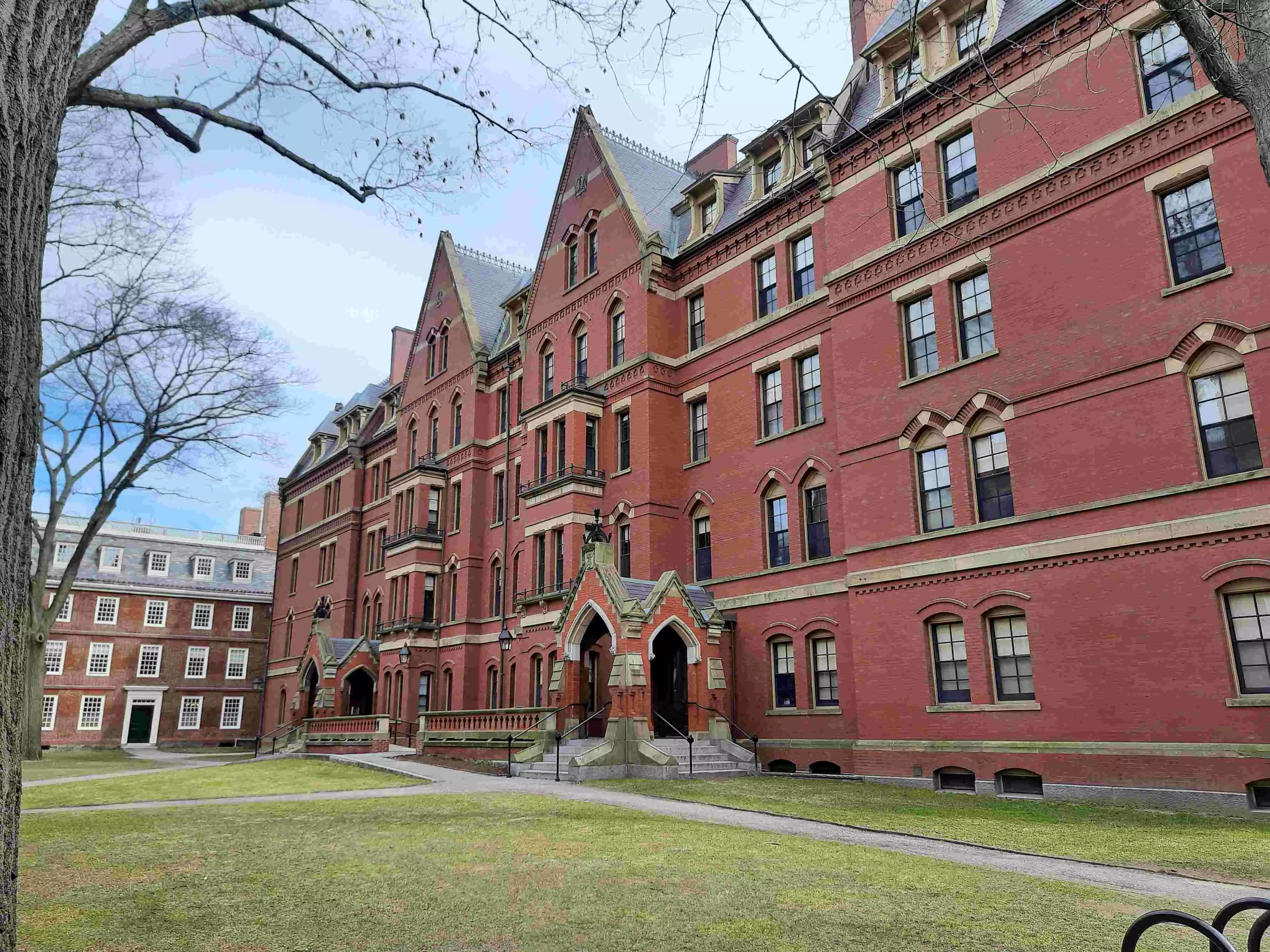
New Delhi, April 16 -- In an era where global democracies are being tested by the rise of executive overreach and the erosion of institutional autonomy, the recent stand taken by Harvard University against interference by the Trump administration is a compelling lesson in academic courage. Harvard's defiance wasn't rhetorical-it was rooted in principle, constitutional understanding, and institutional strength. It was a clear message that universities are not subservient lackeys of the state, but independent arenas of thought and inquiry. The question it inevitably raises is: could other global universities do the same? Academic freedom, long held as the cornerstone of a progressive, democratic society, is in a state of steady deterioration. While governments have changed, the instinct to influence, control, or even suppress institutions of higher learning has remained constant. Whether it is in the formulation of curricula, appointments of vice-chancellors, censorship of seminars, or the silencing of dissenting voices among students and faculty-universities have often been treated as extensions of a state's ideological project rather than autonomous intellectual spaces.
The silence of our institutions has been deafening. When academic freedom has come under threat-from arbitrary arrests of scholars to the scrapping of courses deemed "politically sensitive"-there have been few public stands by university administrations. In contrast to the assertive, rights-based resistance by institutions like Harvard, most universities have too often chosen compliance over confrontation, self-censorship over advocacy, and compromise over constitutional fidelity. This timid acquiescence is not without cause. Unlike in the United States, where elite institutions have financial and legal autonomy, several public universities across the world remain largely dependent on government funding and are deeply entangled in the bureaucratic web of state and central governance. The appointments of key academic positions are often political decisions rather than merit-based ones. University leadership, in many cases, owes its existence and continuation to the political establishment, which makes institutional independence not just difficult, but potentially career-ending. The result is a hollowing out of the institutional backbone. Universities that once incubated debate, dissent, and dialogue are now seen as hotspots of "anti-national" activity if they permit questioning. Administrative crackdowns on students, restrictions on guest lectures, and a constant policing of ideological boundaries have created a climate of fear and intellectual inertia. In such a scenario, expecting universities to resist executive pressure is perhaps asking too much. And yet, that is precisely what is required.
There are exceptions, albeit rare and fragile. Some private institutions have made symbolic efforts to carve out a liberal academic space, and a few public universities have retained traditions of resistance. But these are sporadic and often isolated. What education needs is not individual bravery, but collective institutional resolve. Universities must reassert their constitutional role-not as production lines for employability or obedience, but as crucibles for critical thinking, questioning, and nation-building in the truest sense. The political neutrality of higher education institutions is not a luxury. It is a necessity for any country aspiring to global relevance and internal coherence. The suppression of critical disciplines such as sociology, political science, philosophy, and literature-which are increasingly viewed through ideological lenses-risks flattening the very foundations of a thinking society. Harvard's resistance to Trump's interference was not just a defence of institutional pride-it was a defence of the future. It recognised that the subversion of academic freedom today leads to intellectual bankruptcy tomorrow. We must ask: what kind of future are we preparing for, when students are penalised for protest, faculty are penalised for independent thought, and universities are rewarded for docility rather than distinction? The need of the hour is a recalibration of the relationship between the state and its academic institutions. Policy reforms must be initiated to ensure the autonomy of universities in governance, funding, and curriculum design. Transparent appointment processes, independent regulatory bodies, and protection for academic dissent must be non-negotiable in any serious blueprint for educational reform. Ultimately, universities must realise that silence is not safe. In being passive, they risk becoming irrelevant. Academic freedom is not granted by the state-it is claimed by the institution. And unless universities begin to assert this truth, they will continue to operate not as sanctuaries of thought but as echo chambers of official narratives. The time is to ask-not just what our universities teach, but whether they still dare to think, to speak, and, when needed, to resist. Harvard has reminded the world that universities must stand up. The question is-will the world listen?
Published by HT Digital Content Services with permission from Millennium Post.
